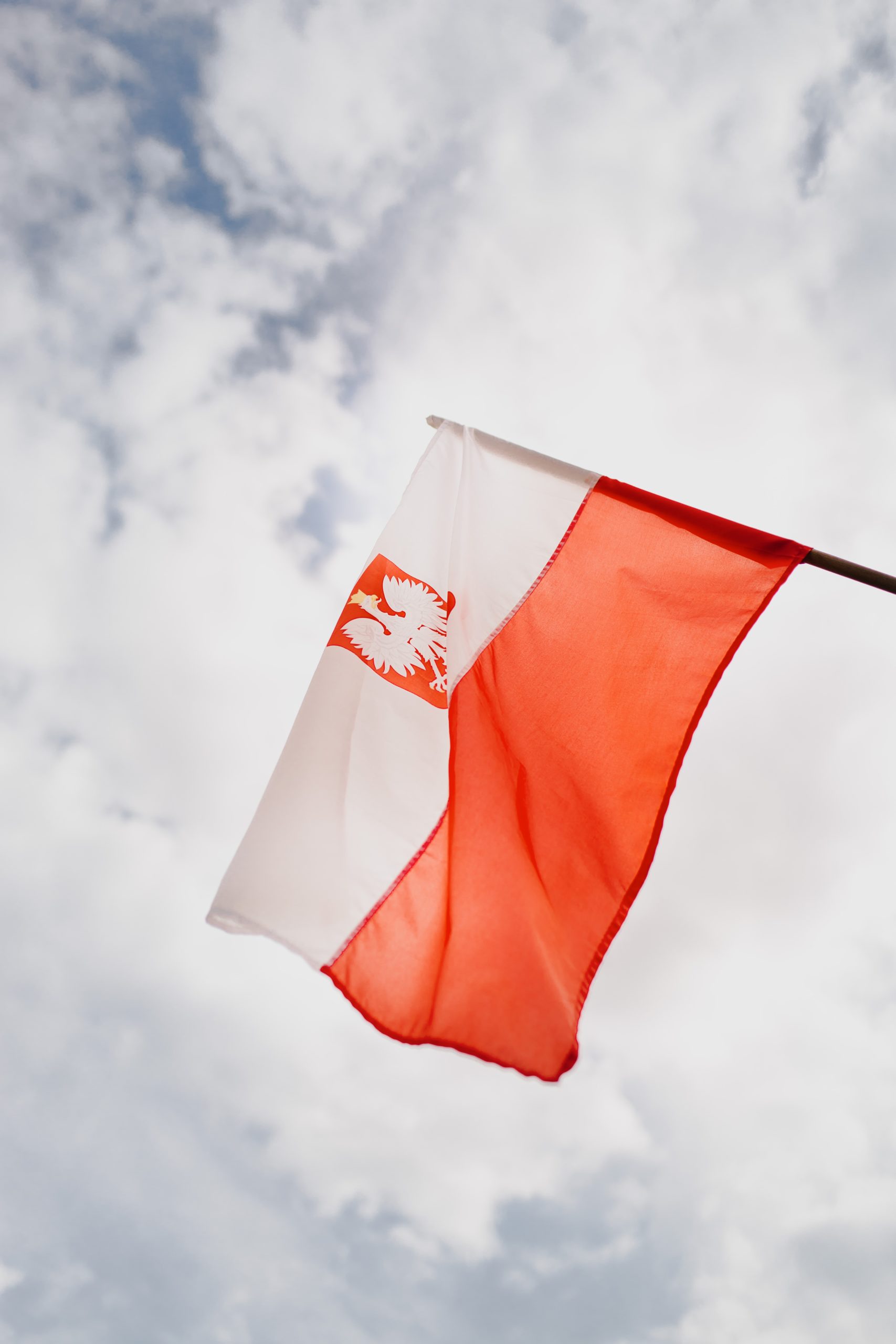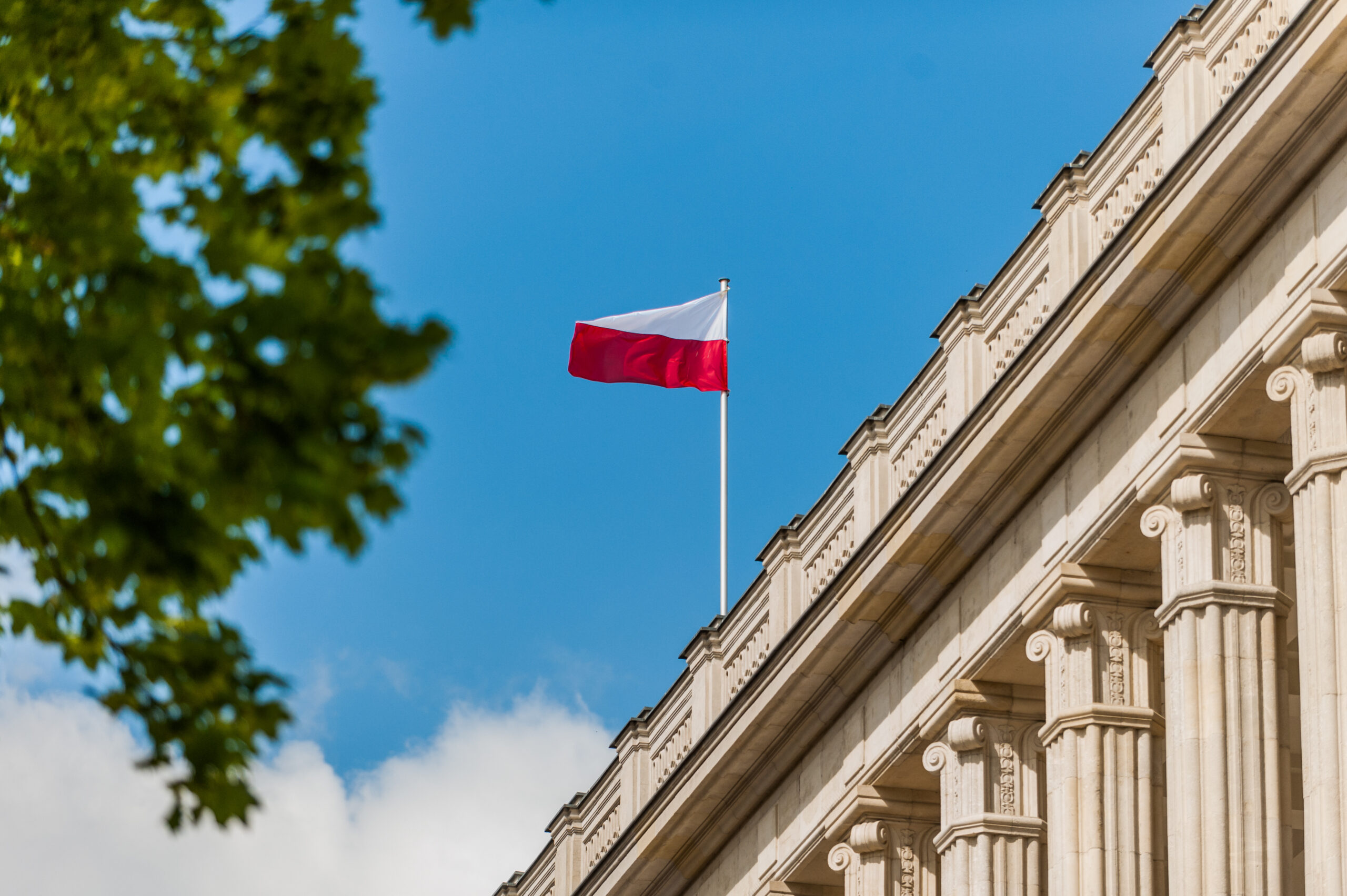The great population movements shortly before, during, and as a result of World War II largely involved the Jewish population: those fleeing the Holocaust, but also Holocaust survivors who, for various reasons, decided or were forced to leave their previous homes. Subsequent waves of Jewish emigration from Poland occurred in the years 1956-1957 and then 1968-1972.
Do the descendants of Jewish Poles qualify for Polish citizenship? Despite their departure, which was accompanied by a particular political climate depending on historical circumstances, did the emigrants not lose their Polish citizenship, and did they pass it onto the next generations?
The answers to these questions are not simple and the same for each situation. On the one hand, it should be remembered that each of those waves of emigration took place when a different Polish citizenship act was in force. On the other hand, the significance of the destination country of that emigration cannot be ignored – it is not indifferent whether it was Canada or Israel.
Polish citizenship before and now – what you should know?
However, it is the specificity of the general obligation to serve in the army in the state of Israel that makes emigration to Israel the most problematic, precisely at the time when the 1920 Citizenship of the Polish State Act was in force in Poland (i.e. until 19.01.1951), because its provisions deprived people of Polish citizenship if they performed military service in a foreign (non-Polish) army. The content of the certificate issued by the Israel Defense Forces, which clearly and indisputably states the fact of having or not having performed military service in Israel, leaves no space for discussion or interpretation.
The later waves of Jewish emigration and the circumstances accompanying them, although sometimes at first glance they seem to result in the loss of Polish citizenship and thus in the present-day impossibility of obtaining the confirmation of Polish citizenship from one’s ancestors, require each time a detailed analysis: especially of the Polish documents which may have survived from one’s ancestors, as well as of those found as a result of a thorough archival search. However, one can say with a fair degree of certainty that even the so-called travel document otherwise known as a one-way passport does not make the case hopeless.
Polish citizenship for the descendants of Poles of Jewish – how to apply for it?
Another aspect of the problem of Polish citizenship for the descendants of Poles of Jewish descent is the sources of archival materials that constitute documentary evidence in proceedings for confirmation of Polish citizenship. The search for such documentation requires, among other things, knowledge about the time of the Holocaust, the fate of the Jewish population living in particular areas of the Republic of Poland, knowledge of the sometimes barely perceptible rules governing attempts at rescue and escape and return after the end of the war.
At this point, we can mention, for example, the documentation kept and made available by the Arolsen Archives at the International Center on Nazi Persecution, which is extremely helpful in beginning such research. It contains information about people who ended up in displaced person camps after the war, including Jews who were liberated from concentration camps, but also those who managed to escape the Holocaust. It can be estimated that between 1946 and 1947 there were nearly 200,000 Polish Jews in displaced person camps. A careful analysis of the information contained in the materials from the Arolsen Archives often makes it possible to establish, or at least get a clue about, the history of Holocaust survival and, consequently, further research in Polish archives.


